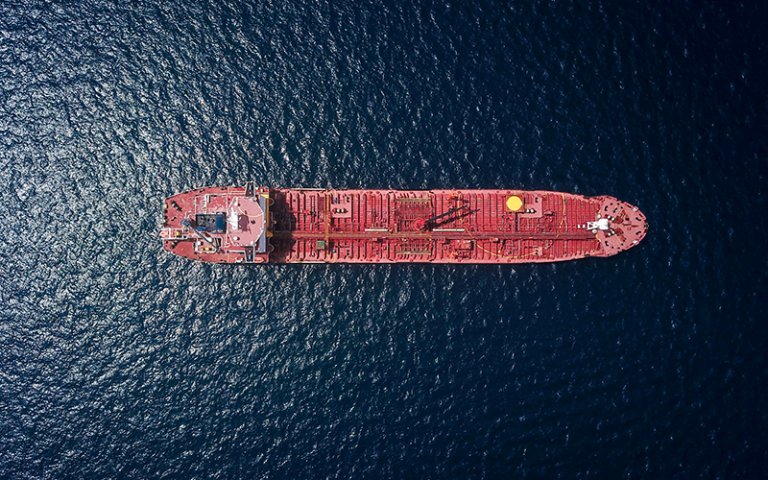Zero-carbon shipping fuels, the hydrogen economy and the energy system – UCL Energy Seminar
21 January 2020, 5:30 pm–7:30 pm

Dr Santiago Suarez de la Fuente, Lecturer in Energy and Transport, will explore scenarios for shipping’s transition from fossil fuels towards electrification & zero-carbon fuels.
This event is free.
Event Information
Open to
- All
Availability
- Yes
Cost
- Free
Organiser
-
UCL Energy Institute
Location
-
Room 225, Central House14 Upper Woburn PlaceLondonWC1H 0NNUnited Kingdom
Summary
In April 2018, the United Nations specialised agency in shipping, the International Maritime Organization (IMO), set its decarbonisation ambitions. The most aggressive of these aims to reduce by at least half the shipping sector absolute CO2 emissions observed in 2008 by 2050.
While energy-efficient technologies and operational measures can bring some reductions in reducing CO2 emissions, they are not enough to comply with or go beyond the IMO’s minimum ambition. Moreover, commercial ships tend to have an average life span of around 30 years which means that low-carbon and zero-carbon vessels will need to start entering service around the end of this decade.
In July 2019, the UK govt. launched the Clean Maritime Plan, part of its Clean Air Strategy. The Plan’s purpose is to cut down air pollution from shipping and contribute to the UK’s commitment to be net zero on GHG’s by 2050. The Plan raises specific objectives for the introduction of zero-carbon fuels and fleet for UK domestic shipping and proposes next steps for the subsequent public and private actions that will be required for these objectives to come to fruition.
This talk examines the likely scenarios for shipping’s move from the use of fossil fuels towards some electrification as well as use of hydrogen-derived “zero-carbon” fuels in both domestic and international shipping. We will look at the implications of these fuel’s production and what this might mean to UK and the wider global energy system, the scale of the required investment and the opportunities this presents for the UK.
The seminar will be chaired by Dr Tristan Smith and include presentations both by leading researchers in UCL’s shipping research team, as well as from Morna Cannon of Department of Transport.
The seminar will be followed by a drinks reception with wine and nibbles.
An accessibility guide to Central House is available via AccessAble. If you have any access requirements please let us know by emailing bseer-communications@ucl.ac.uk.
About the speakers
Dr Santiago Suarez de la Fuente
Dr Santiago Suárez de la Fuente is Lecturer in Energy and Transport at University College London (UCL) Energy Institute. His research focuses on marine energy-efficient technologies and fuels, holistic modelling approaches for the maritime sector, performance data analytics and decarbonisation pathways. He is co-developer of the ship design software called Whole Ship Model (WSM), which has been used successfully to inform different maritime groups of the implications of different decarbonisation approaches. Dr Suarez de la Fuente did his PhD at UCL on marine waste heat recovery systems (WHRS). He was granted the Institute of Marine Engineering, Science and Technology (IMarEST) Stanley Gray fellowship for his research, and was awarded the IMarEST’s prestigious Denny Medal in 2017 for his work on maritime WHRS. He has five years of experience in the metal mechanic and electrical industry.
Morna Cannon
Morna Cannon is deputy divisional manager of the maritime environment and financial incentives, at UK govt Department for Transport, and led the development of the UK’s Clean Maritime Plan.
Image: Photo by Shaah Shahidh on Unsplash
 Close
Close

